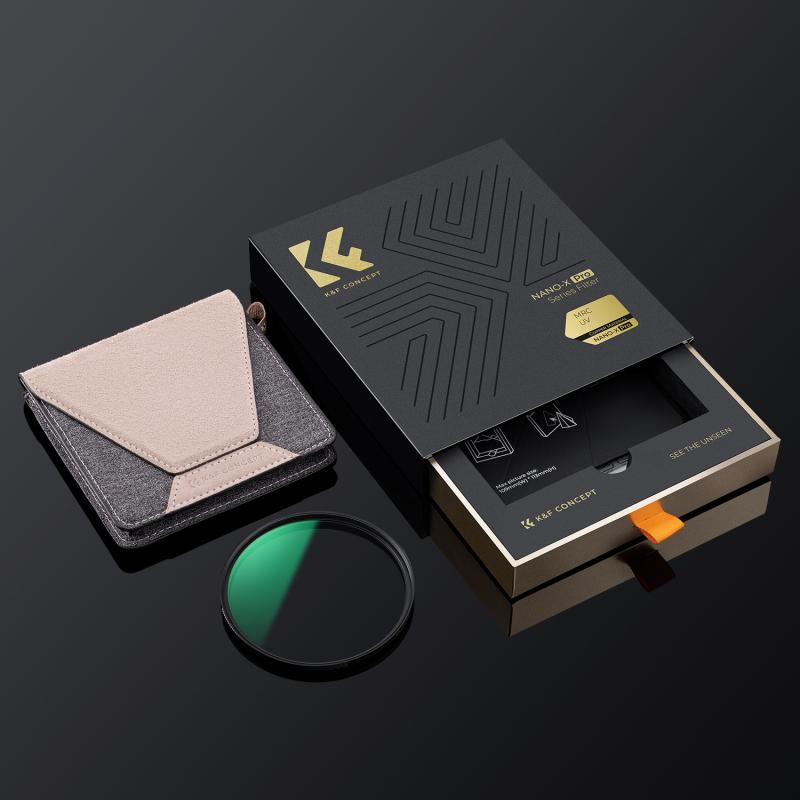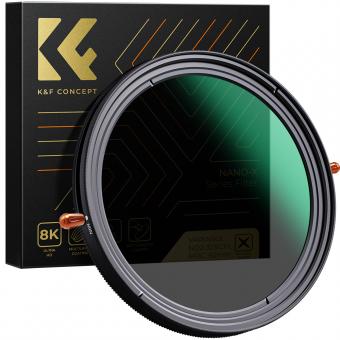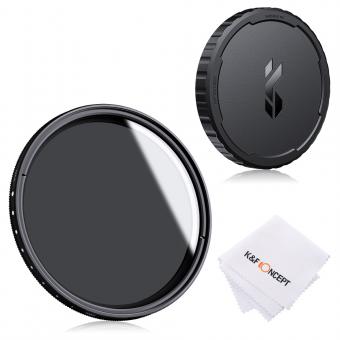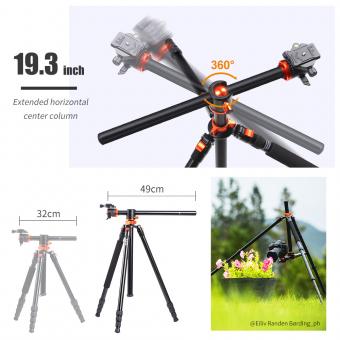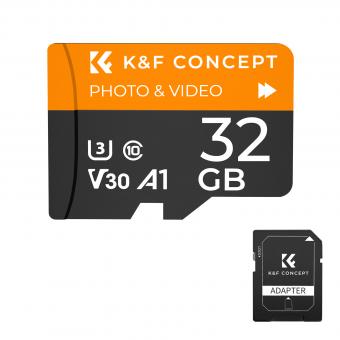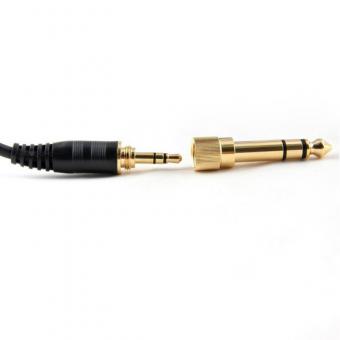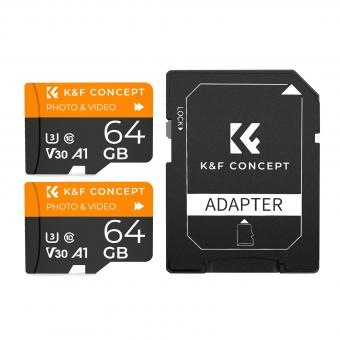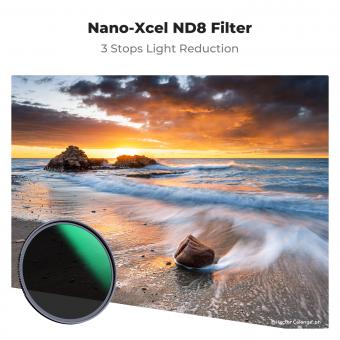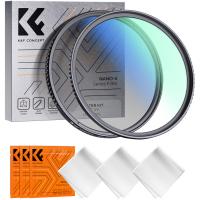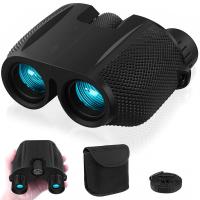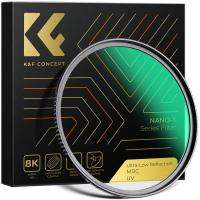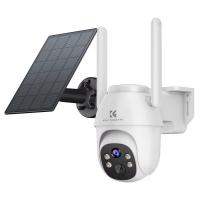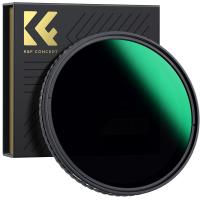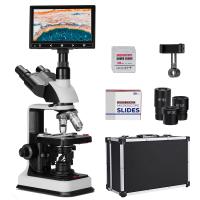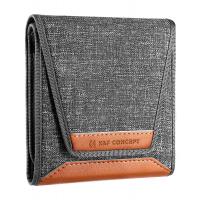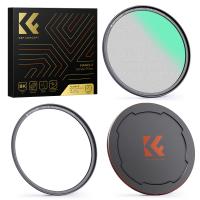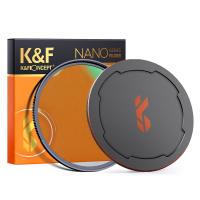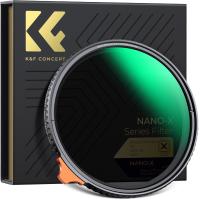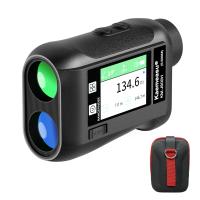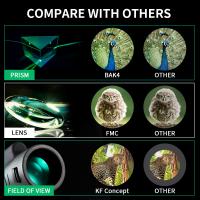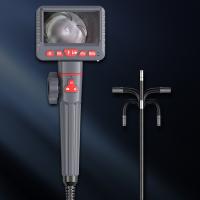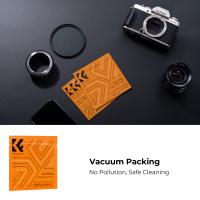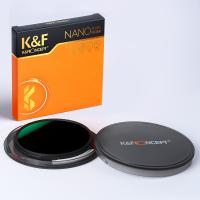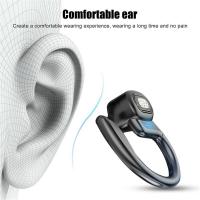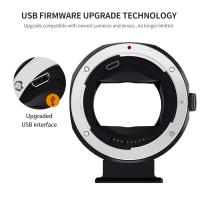Which Is The Best Nd Filter To Buy ?
The best ND filter to buy depends on your specific needs and preferences. Some popular options include the B+W ND filter, Hoya ND filter, and Lee Filters ND filter. It is recommended to consider factors such as filter size, filter density, and brand reputation when making a decision. Additionally, reading reviews and comparing prices can help you find the best ND filter for your photography or videography requirements.
1、 Types of ND filters and their uses in photography.
When it comes to choosing the best ND filter to buy, it ultimately depends on your specific needs and preferences as a photographer. ND filters, or Neutral Density filters, are essential tools for controlling the amount of light that enters your camera lens. They are particularly useful in situations where you want to achieve certain creative effects or overcome challenging lighting conditions.
There are various types of ND filters available on the market, each with its own unique characteristics and uses. The most common types include screw-on filters, square filters, and variable ND filters. Screw-on filters are the most straightforward and convenient option, as they can be easily attached to the front of your lens. Square filters, on the other hand, require a filter holder system but offer more flexibility in terms of stacking multiple filters and adjusting their positioning. Variable ND filters are adjustable filters that allow you to control the amount of light reduction by rotating the filter.
The choice of the best ND filter depends on factors such as the type of photography you engage in, the desired effect, and your budget. For landscape photography, a high-quality screw-on or square ND filter with a fixed light reduction value (such as 3-stop or 6-stop) is often recommended. This allows you to achieve long exposure effects, such as capturing smooth water or creating motion blur in clouds. For videography or situations where you need to quickly adjust the light reduction, a variable ND filter may be more suitable.
In terms of specific brands and models, there are several reputable options available, including filters from brands like Lee, B+W, Hoya, and Tiffen. It is always advisable to read reviews, compare prices, and consider the overall quality and durability of the filter before making a purchase.
As for the latest point of view, advancements in technology have led to the development of more innovative ND filters. For instance, some filters now come with anti-reflective coatings to minimize flare and ghosting, while others are made from high-quality materials that ensure color accuracy and sharpness. Additionally, some filters are designed specifically for use with wide-angle lenses to prevent vignetting.
In conclusion, the best ND filter to buy depends on your specific needs and preferences as a photographer. Consider the type of photography you engage in, the desired effect, and your budget when choosing between screw-on filters, square filters, or variable ND filters. Research reputable brands and models, and stay updated on the latest advancements in ND filter technology to make an informed decision.
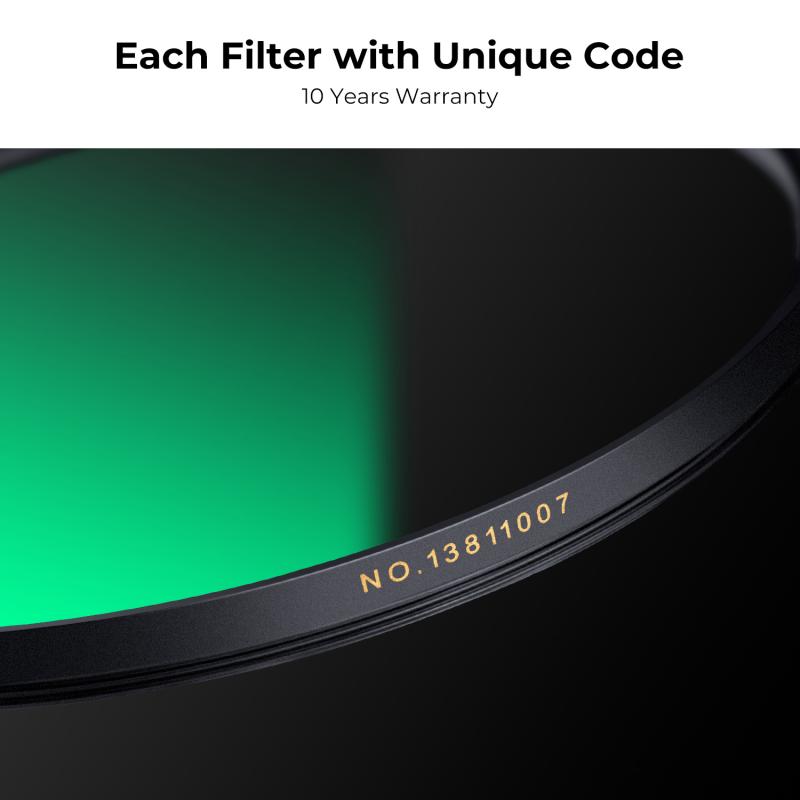
2、 Factors to consider when choosing an ND filter.
Factors to consider when choosing an ND filter:
1. Filter Density: ND filters come in various densities, ranging from ND2 to ND1000. The density determines the amount of light that is blocked, with higher densities blocking more light. The choice of density depends on the specific shooting conditions and desired effect. For general photography, an ND8 or ND16 filter is commonly used.
2. Filter Size: Ensure that the filter size matches the diameter of your lens. Most lenses have a filter thread size indicated on the front of the lens barrel. It is important to choose the correct size to ensure compatibility.
3. Filter Material: ND filters are available in different materials, such as glass and resin. Glass filters generally offer better image quality but are more expensive. Resin filters are more affordable but may be prone to scratches.
4. Filter Coating: Look for filters with multi-coating or anti-reflective coatings. These coatings help reduce reflections, flare, and ghosting, resulting in better image quality.
5. Filter Brand: Consider reputable brands known for their quality and reliability. Brands like B+W, Hoya, and Lee Filters are popular choices among photographers.
6. Price: While it is tempting to opt for cheaper options, investing in a high-quality ND filter is crucial. Cheaper filters may introduce color casts, reduce image sharpness, or cause vignetting.
7. Compatibility: If you plan to use the filter with multiple lenses, consider a filter system that allows you to use the same filter with different lens sizes using adapter rings.
8. Latest Point of View: With advancements in technology, some filters now offer additional features like variable density, allowing you to adjust the density level as needed. These filters provide more flexibility and convenience.
Ultimately, the best ND filter to buy depends on your specific needs and budget. It is recommended to do thorough research, read reviews, and consider the factors mentioned above before making a purchase.
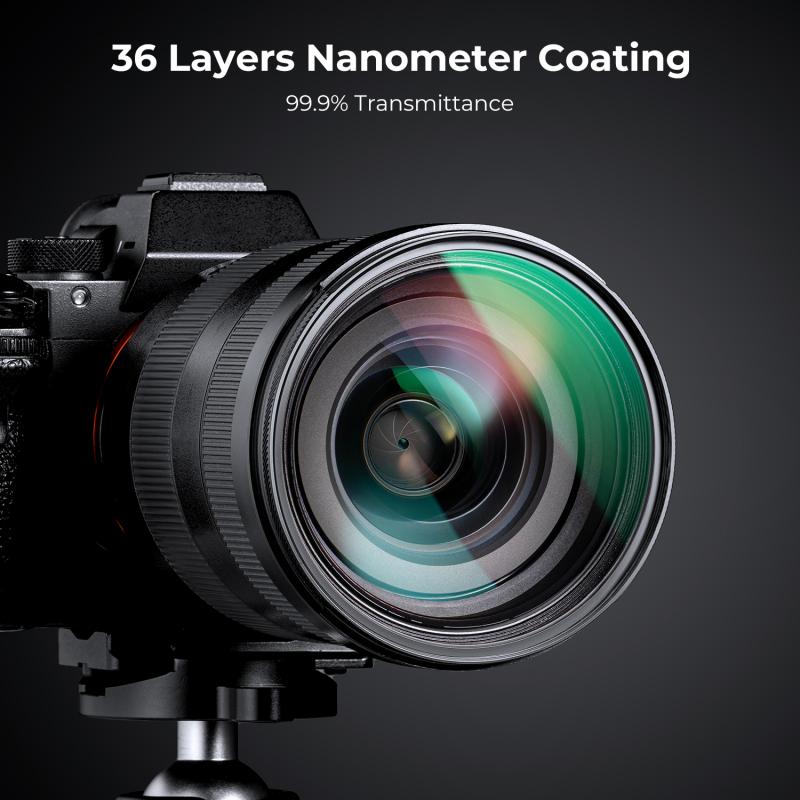
3、 Top ND filter brands and their product offerings.
When it comes to choosing the best ND filter to buy, it ultimately depends on your specific needs and preferences. However, there are several top ND filter brands that consistently offer high-quality products. Here are some of the leading brands and their product offerings:
1. B+W: Known for their exceptional optical quality, B+W offers a wide range of ND filters with varying densities and sizes. Their filters are renowned for their color neutrality and durability.
2. Lee Filters: Lee Filters is highly regarded for their square filter system, which allows for greater flexibility and creativity. Their ND filters are known for their excellent light-blocking capabilities and minimal color cast.
3. Hoya: Hoya offers a diverse range of ND filters, including both screw-on and square filters. Their filters are known for their affordability without compromising on quality.
4. Tiffen: Tiffen is a well-established brand that offers a variety of ND filters suitable for different photography and videography needs. Their filters are known for their durability and consistent performance.
5. Formatt Hitech: Formatt Hitech specializes in high-quality square ND filters that are compatible with various filter holders. Their filters are known for their excellent color accuracy and minimal light leakage.
6. Breakthrough Photography: This relatively newer brand has gained popularity for its innovative ND filters. Their filters are known for their exceptional color neutrality and sharpness.
It's important to note that the "best" ND filter for you will depend on factors such as your budget, the type of photography you do, and your specific requirements. It's recommended to read reviews, compare features, and consider your shooting style before making a decision. Additionally, staying updated with the latest releases and advancements in ND filter technology can help you make an informed choice.
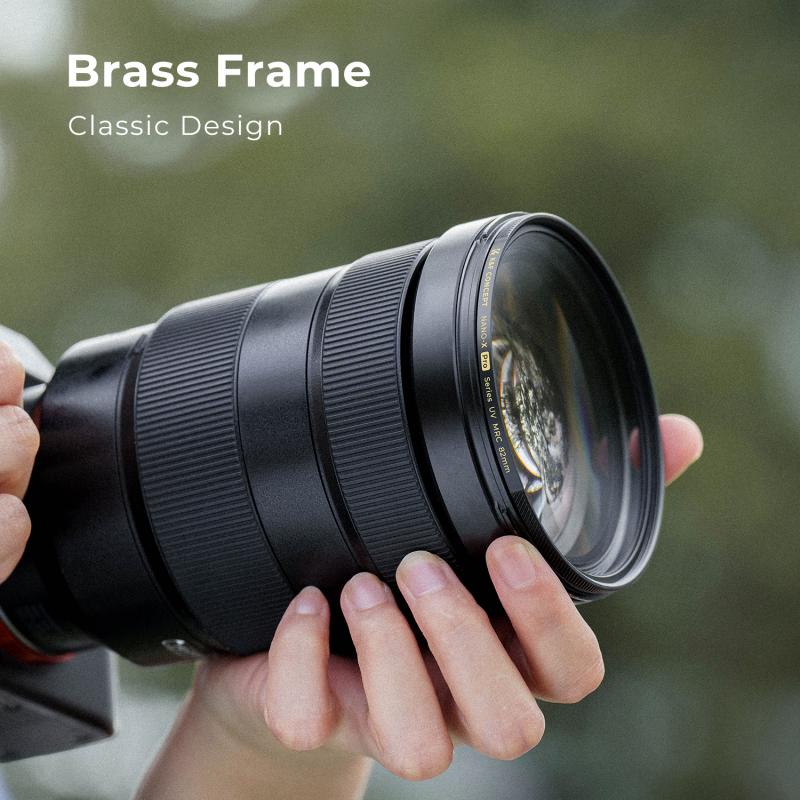
4、 ND filter recommendations for different photography scenarios.
When it comes to choosing the best ND filter to buy, it largely depends on your specific photography needs and preferences. ND filters, or neutral density filters, are essential tools for controlling the amount of light that enters your camera lens, allowing you to achieve various creative effects. Here are some ND filter recommendations for different photography scenarios:
1. Landscape Photography: For capturing stunning landscapes with long exposures, a high-quality ND filter with a strong light reduction factor, such as a 10-stop or 15-stop filter, is ideal. This will help you achieve smooth water effects, capture cloud movement, and create a sense of motion in your images.
2. Portrait Photography: When shooting portraits, you may want to use a lower-density ND filter, such as a 2-stop or 3-stop filter. This will allow you to use wider apertures and create a shallow depth of field, while still controlling the amount of light entering the lens.
3. Street Photography: In street photography, you may need a versatile ND filter that can handle different lighting conditions. A variable ND filter, which allows you to adjust the light reduction factor, is a great option. It provides flexibility and convenience, especially when shooting in changing light conditions.
4. Astrophotography: For capturing the night sky and long-exposure star trails, a strong ND filter is not necessary. Instead, consider using a light pollution filter, which helps reduce the effects of light pollution and enhances the visibility of stars and celestial objects.
5. Cinematography: If you are into videography, consider investing in a high-quality ND filter specifically designed for video cameras. These filters often have smooth and precise adjustment mechanisms, allowing you to control exposure smoothly while shooting video.
It's important to note that the best ND filter for you may vary depending on your camera system, lens diameter, and budget. It's always recommended to do thorough research, read reviews, and consider your specific needs before making a purchase. Additionally, staying up to date with the latest advancements in ND filter technology can provide valuable insights into the newest and most innovative options available on the market.
